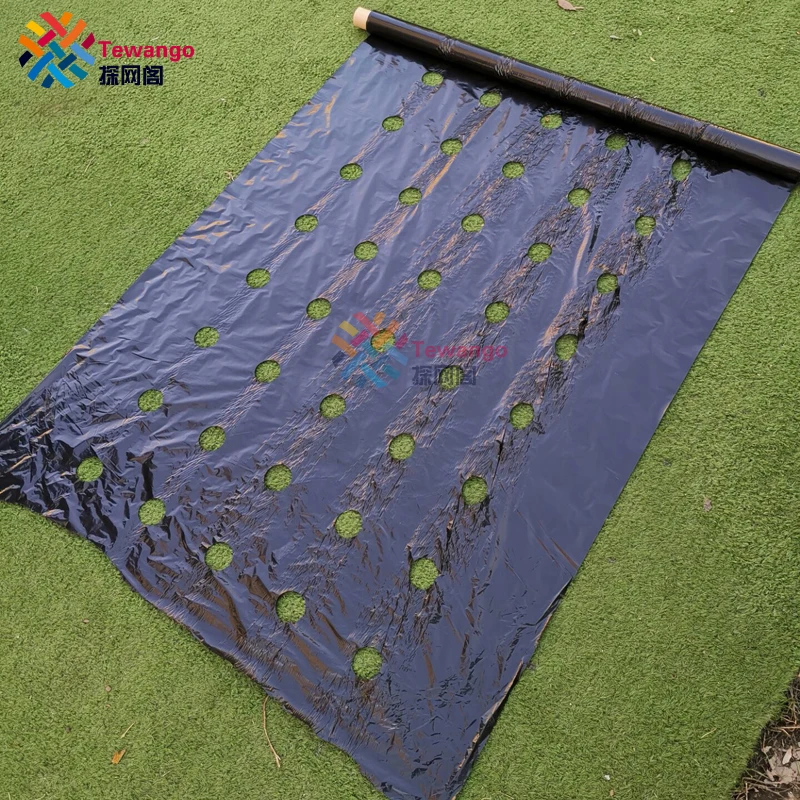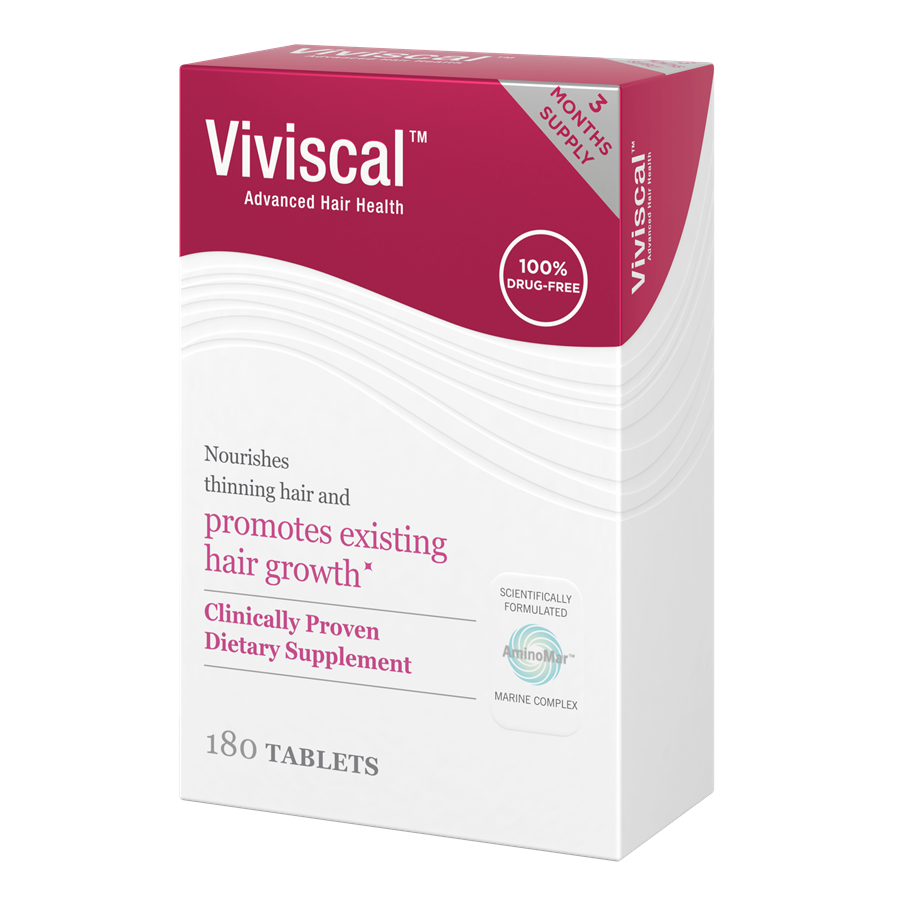Table of Content
For soil solarization and a natural grass killer, take advantage of the power of the sun. It’s best to use this method in the summer when the sun is at its hottest. Spray area weekly as sprouting occurs from new seeds germinating or the roots. A coffee can with both ends cut out and placed over the grass or other weeds in question keeps the spray confined to prevent accidental spraying of desirable plants. Many home remedies not only kill grass, but they also kill surrounding plants, so apply carefully in areas like flower or vegetable gardens.

Walnut sawdust, specifically, contains a chemical called juglone that is toxic to plants. Simply sprinkle it anywhere you don't want weeds cropping up. Loosen the soil and follow the directions provided on the weed-killing product, then apply the formula to the ground. Many times, people do not add enough mulch to their landscape, and the sun can make its way through the cracks into the ground, allowing weeds to thrive. Some suggested home remedies for weed killers can actually do more harm than good to your yard. You also need to choose a dog-safe ground cover plant, as some varieties, like lily of the valley, can be toxic to pets if ingested.
Eliminate weeds in beds
If your mulch starts to look worn down or washed away, you should add more to the weaker areas. This form of weed removal generally only makes sense if you are in possession of a high pressure cleaner, and you don’t have to buy or borrow it. Removing plantain, bishop weed, nettles, and thistles is difficult. Permanent removal of these weeds is only possible by digging large areas.

But some do, and they’re a great option for weed control. Herbicides that can prevent weeds from sprouting are also described as pre-emergent. They sometimes include chemicals that control specific weeds, such as crabgrass.
Not Enough Mulch
The first thing to remember, you can cut it to any shape, lay down it, and apply it according to the shape of the place. In general, it is available in black color which enhances the beauty of your lawn. It has a good thickness that keeps grass safe from weeds.

Not everybody likes this method, and the reports of results are mixed. Some people find that it can be difficult to remove weeds that do manage to grow through the fabric. And although the fabric is permeable, some gardeners feel that it can prevent adequate amounts of water and nutrients from reaching the soil.
Vinegar
Pour it directly on the weeds and say goodbye to those unsightly things. Cornmeal is effective as a pre-emergent herbicide, which stops the seeds of some weeds from germinating and sprouting. Regular table salt can also be used to kill weeds, but this DIY technique should only be used in specific situations.

Apply when the weather report says you'll be getting a few continuous days of sunshine. Rain will wash the vinegar off the weeds too soon, and most of the damage happens when the sun hits the weeds' leaves. Spray directly onto the weeds, being careful to keep the solution away from other plants. If you haven’t applied mulch yet, landscape fabric or weed barrier cloth is a safe way to block weeds while still allowing water to pass through to the soil. Unfortunately, landscape fabric isn’t a perfect solution because some determined weeds will push through the fabric, and those weeds will be extremely difficult to pull. In essence, before applying mulch, you’ll need to prepare your garden appropriately.
Rubbing Alcohol Solution
Do you know plain old tap water has its uses as one of the home remedies for killing weeds? You can use boiling water as a weed killer for weeds growing in cracks in sidewalks or driveways, and you will be able to see immediate results. If you add a tablespoon of salt to the boiling water, its effect will further increase. Experts have confirmed that mulch is the safest among the home remedies for killing weeds whether it is used without fabric or with fabric.

Comparatively, this rubber mulch is best for small borders where regular mulches wash away and become part of the soil. Laying down layer of 7-8 inches thick straw mulch can stops the weeds. Straw is a beautiful golden color that looks great in any garden and it’s a bit slower to break down than leaves or grass clippings. Some gardeners like smaller, shredded straw pieces, while others prefer larger ones.
So, you should know the pros and cons of using each mulch to kill weeds before everything. Rubber mulch is good where you are proactive to remove any damage layer of mulch and also their is no need of growing new plants. Rubber mulch does kill the weeds but not the recommended one. It’s less effective, it can harm plants and attract pests, is flammable and breaks down into harmful elements.
To improve the effectiveness of this homemade weed killer, add some dish detergent or clove or citrus oil. A quick online search for health effects of commercial herbicides will likely turn rather quickly into a search for how to kill weeds naturally. Vinegar is one of the well-known home remedies for weed killers. They will be as good as dead if you can soak the weeds or douse them in vinegar.
For it to be very effective, the herbicidal solution has to contain salt and dishwashing soap. The soap helps to bind the vinegar solution to the weeds. Which takes us nicely for the best way to deal with fairly extensive weeds in mulch beds. This involves the use of herbicides, both natural and synthetic.

You might have to remove the mulch to get complete access to the weed if it is very entrenched in the soil. Ideally, get a 20% acetic acid if you can, as the weeds will disintegrate a lot faster. But it can still work with 5%, it just might take more applications. Because you want all vegetation killed on hard surfaces it’s easy to find a powerful, non-selective weed killer that will do the job.

No comments:
Post a Comment